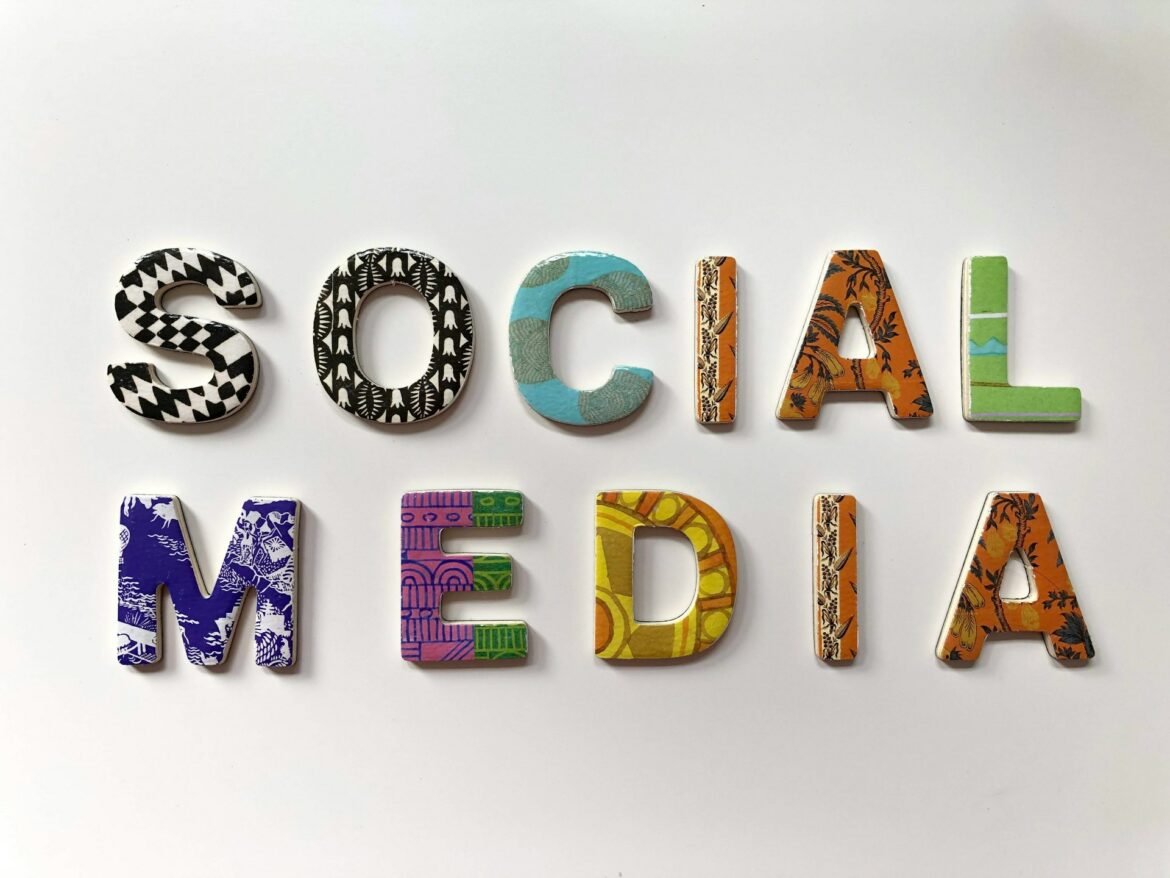In the age of digital connectivity, sharing our thoughts, experiences, and achievements on social media has become second nature. Whether it’s posting a vacation photo, a heartfelt message, or a funny meme, it’s clear that social sharing plays a significant role in how we communicate and connect. But have you ever wondered why we feel compelled to share so much of our lives online? Understanding the psychological factors behind this behavior can shed light on what drives us to click that ‘share’ button and how it influences our sense of self and our relationships with others.
Exploring the Psychological Factors That Drive Social Media Sharing
At its core, social media sharing taps into fundamental human needs, such as the desire for social connection, validation, and self-expression. When we post something online, we often seek approval or positive reinforcement from our friends and followers, which boosts our self-esteem and sense of worth. This desire for validation can be powerful—likes, comments, and shares act as tangible signs that our content resonates with others, fulfilling an innate craving for recognition. Additionally, sharing allows us to craft and present an ideal version of ourselves, highlighting our achievements, interests, and values, which can reinforce our identity in the digital space.
Psychologically, sharing also serves as a way to manage and regulate our emotions. For example, posting about a happy event can amplify feelings of joy, while sharing struggles or setbacks might help us process complex emotions and seek support. This behavior is rooted in the fundamental human need for emotional expression and relief. Furthermore, social media provides a sense of belonging; by sharing our experiences, we participate in larger communities, find like-minded individuals, and foster social bonds that might otherwise be difficult to establish in the physical world.
Another key factor is the dopamine-driven reward system of the brain. When we receive likes, comments, or shares, our brain releases dopamine, the chemical associated with pleasure and reward. This creates a positive feedback loop, encouraging us to share more frequently and intensively. Over time, this can develop into habitual behavior, where sharing becomes less about the content itself and more about the thrill of social validation. Understanding these psychological mechanisms helps explain why sharing on social media can become so compelling and, at times, addictive.
How Our Emotions and Identity Shape Sharing Behaviors Online
Our emotional states significantly influence what and how we share on social media. When we’re feeling happy, excited, or proud, we’re more likely to share positive moments that reflect our joyful emotions. Conversely, during times of sadness, frustration, or loneliness, some individuals might turn to social media as a way to express or seek comfort, hoping that others will provide reassurance or empathy. Emotions act as powerful motivators—they push us to communicate our inner experiences, whether to attract support or simply to feel heard. This emotional sharing can strengthen our social bonds, especially when others respond with kindness and understanding.
Beyond emotions, our sense of identity plays a crucial role in shaping our sharing behaviors. Social media platforms serve as stages where we perform and experiment with different aspects of ourselves. We tend to share content that aligns with the image we want to project—whether that’s adventurous, caring, funny, or sophisticated. This curated self-presentation helps us shape and reinforce our personal identity in the eyes of others. It also enables us to connect with communities that share our values and interests, fostering a feeling of belonging and acceptance. As a result, our online persona often becomes a reflection of how we see ourselves or aspire to be seen.
Moreover, our identity influences the kind of content we choose to share and how openly we express ourselves. For example, individuals with a strong sense of community or activism may share more about social issues they care about, while others may focus on personal achievements or family moments. This self-expression through social sharing also helps us explore and solidify our identity, especially during transitional phases in life. Ultimately, our emotions and sense of self deeply intertwine with our online sharing habits, shaping the way we communicate and connect in the digital world.
Our sharing behaviors on social media are far from random; they are deeply rooted in psychological needs, emotional states, and our evolving sense of identity. By understanding the underlying reasons behind why we share—whether seeking validation, emotional relief, or self-expression—we can become more mindful of our online habits. Recognizing these motivations not only helps us navigate social media more consciously but also enhances our understanding of ourselves and our social bonds. As digital spaces continue to evolve, so too will our reasons for sharing, reflecting the complex tapestry of human psychology in a connected world.

